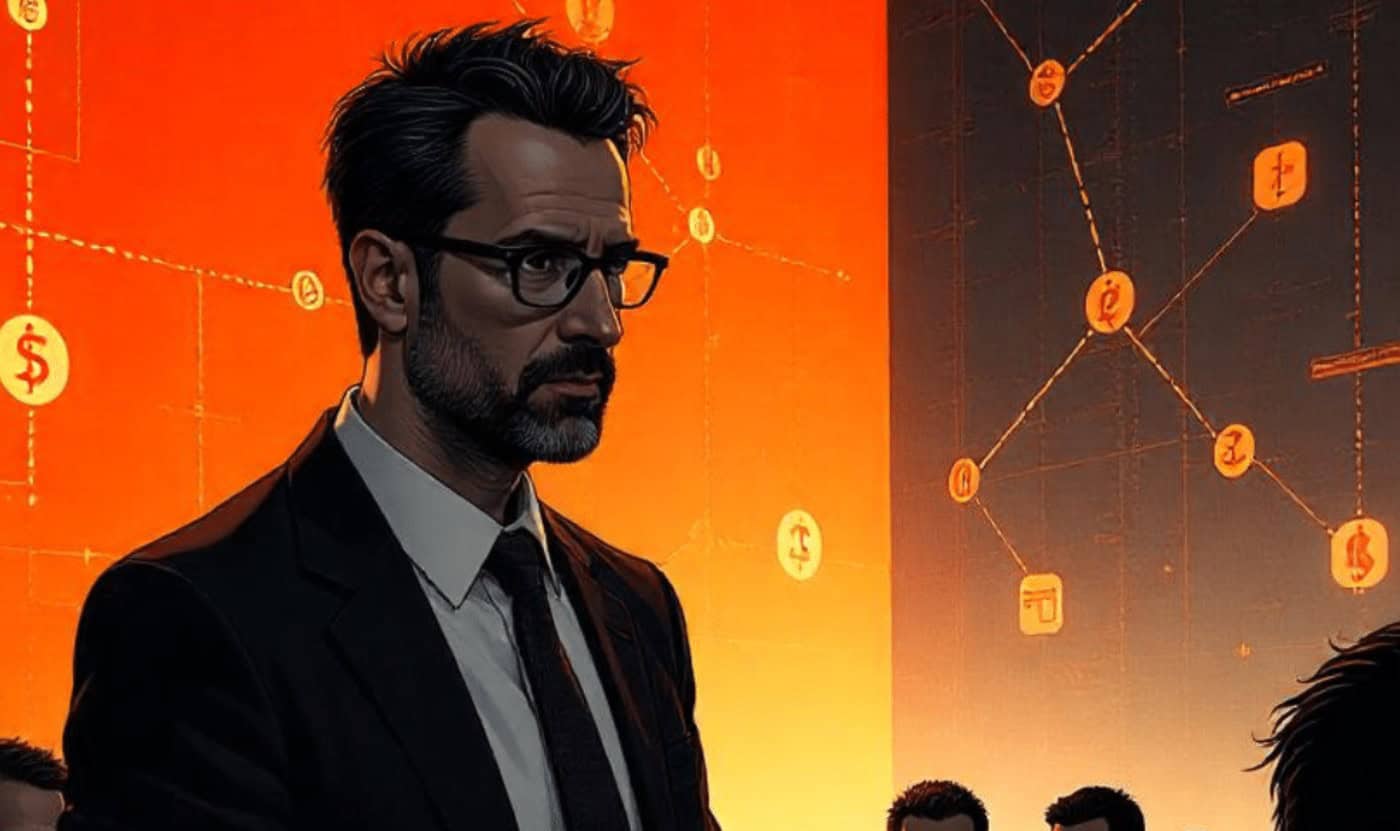
During an intervention at the Redacted conference organized by Near, Edward Snowden, an iconic figure in the protection of individual freedoms, targeted Solana, one of the heavyweights in the sector. Indeed, he described it as a project hampered by the weight of venture capitalists. For Snowden, the influence of large investors jeopardizes the fundamental principles of blockchain and gives financial giants too strong a grip on networks that aim to be autonomous. But beyond Solana, Snowden’s remarks touch on the heart of contemporary issues surrounding blockchain. In the age of AI and mass surveillance, is decentralization the last bastion of digital freedom?
A “blockchain born in prison” ? The weight of venture capitalists in Solana
At the Token2049 conference from September 18 to 19, Edward Snowden sparked a heated debate, as he labeled Solana a “centralized chain”. According to him, Solana chose to sacrifice decentralization in favor of performance and efficiency, with centralized governance facilitated by venture capital investors. The emblematic figure of privacy defense reiterated his stance at the Redacted Bangkok conference from November 9 to 11, 2024.
During this event, Snowden further stated that Solana is a blockchain “born in prison”. According to him, this chain, although promising and technologically advanced, is marked from the outset by too strong a dependence on venture capital investors. “They sold their soul to venture capital, and this limits what the blockchain can become,” he declared bluntly. Moreover, he worries about seeing large investors take control of projects that advocate decentralization. This dependence on external financing would compromise the very autonomy of the network, as it would leave strategic decisions to actors primarily motivated by return on investment.
The weight of venture capital funds in Solana is not an isolated criticism. Indeed, Snowden notably recalled the example of Andreessen Horowitz (a16z), which has influenced major decisions in other projects like Uniswap, thanks to the mobilization of millions of tokens to sway a strategic vote. According to Snowden, this influence would undermine the foundational governance principles of blockchain and confer excessive power to large investors.
Decentralization, the last bastion against AI surveillance?
Beyond Solana, Snowden also pointed to the urgency of defending decentralization against the potential drifts of artificial intelligence. In a context where AI is increasingly used for mass surveillance, Snowden raised a warning. “They want to monitor everything, analyze every movement in real time, and identify anyone deemed abnormal,” he specified. According to him, only a truly decentralized technology can provide sufficient protection against excessive surveillance and make control more diffuse and less vulnerable to manipulation by public and private powers.
In parallel, Snowden urged participants to adopt open-source technologies to maintain some autonomy in the face of tech giants. He believes that open source allows everyone to take ownership of technological tools without fearing third-party intrusion. “If you’re not using it, start doing it,” he insisted. He calls for global awareness. For Snowden, open source is not a method, but a bulwark for individuals in a digital space where AI threatens to centralize and control information.
